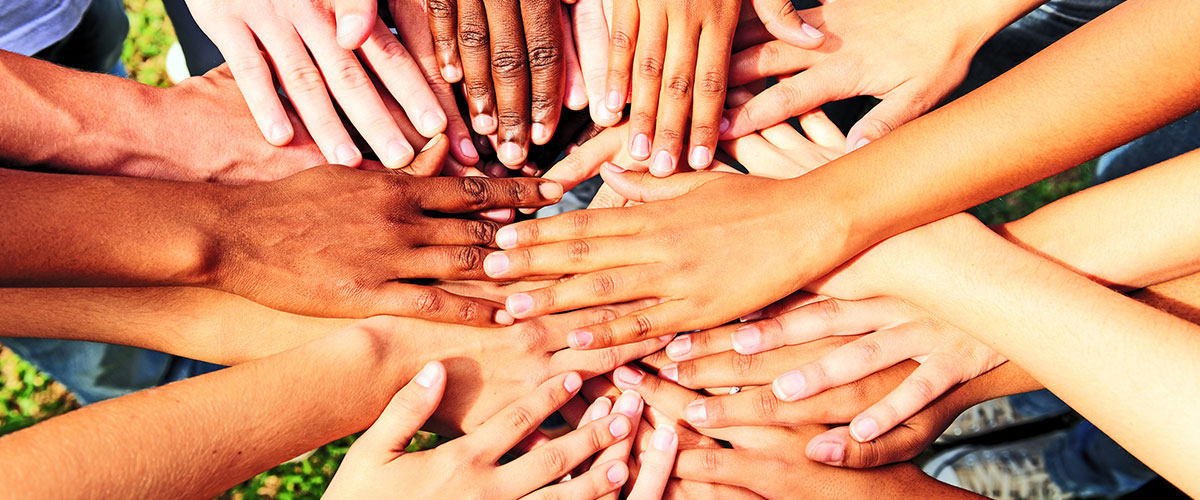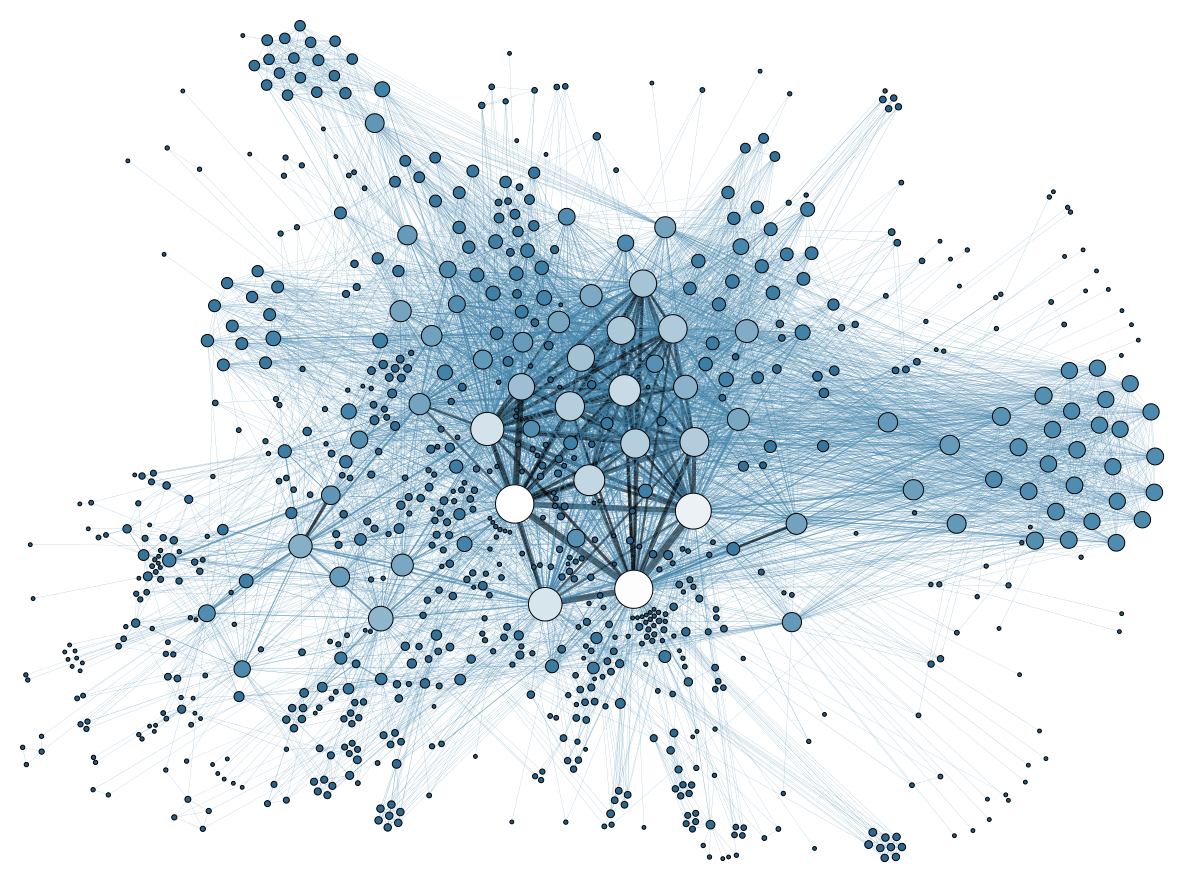Network Innovation 3.0: The 2017 Racial Equity Habit Building Challenge
March 22, 2017 Leave a comment“It is certain, in any case, that ignorance, allied with power, is the most ferocious enemy justice can have.”
James A. Baldwin
For the third year in a row, IISC is working with Food Solutions New England to design and facilitate the 21 Day Racial Equity Habit Building Challenge (April 9-29) as an extension of our mutual commitment to racial justice. The challenge is a virtual and networked remix of an exercise created by Dr. Eddie Moore, Jr. and Debby Irving, offered as a way of spreading and deepening commitment to learn about, talk about and take action to solve racial injustices in the food and other related systems.
This year, we are adding additional tools and prompts to create a rich environment for learning, conversation and action. This includes:
- a more extensive resource page with readings, tools, videos and organizational links,
- a new list of daily prompts with links to resources and room for participants to offer written reflections,
- a series of original blog posts on the FSNE website committed to relevant topics and themes
- a Twitter hashtag (check out #FSNEEquityChallenge)
Last year more than 1,000 people signed up for the Challenge and there were many stories of the Challenge being taken up within organizations and communities around the country, taking advantage of in-person opportunities to deepen the conversation and commitment. In addition, we heard from schools and universities that were inspired to run their own Challenges. This year we have already been approached by other groups who are interested in doing their own version of the Challenge, including a city-wide initiative in Chicago and a region-wide effort of grassroots groups in New England. All of this self-organized initiative is evidence of “network effects” in action and a hope of the organizing team.
“The words we use and have become accustomed to using to describe ourselves and others are proof of internalized racism (internalized oppression or internalized superiority) at work! Often, these words/descriptors are part of legal and ‘official’ government language used to describe the inferiority/ superiority complex – elevating one race while decreasing the status of another. Once they’re accepted as ‘official’ or legal terms, their use is typically perpetuated by the media and eventually, they become so commonplace that the average person internalizes the racist meaning, thus creating unconscious bias.”
– 2016 Challenge Participant
As we (the Challenge organizing committee) said last year to ourselves and to others, while the plan for now is to continue offering the Challenge on an annual basis, the bigger goal is that this exercise supports ongoing and nascent racial justice efforts that use this in their own unique ways, and inspires a more vast network of people to take up a 365 day per year commitment to solving racism.
You can sign up for this year’s 21 Day Challenge here. And please do spread the word!
“Once you see, you cannot un-see… Today’s readings–and the Challenge overall–are making me see things I couldn’t (or didn’t want) to see before and now cannot help but see. It can all feel overwhelming. Still, there are solutions.”
– 2016 Challenge Participant

